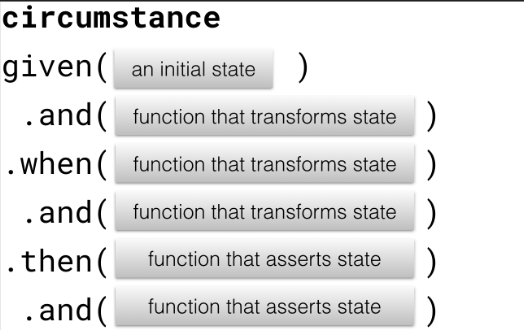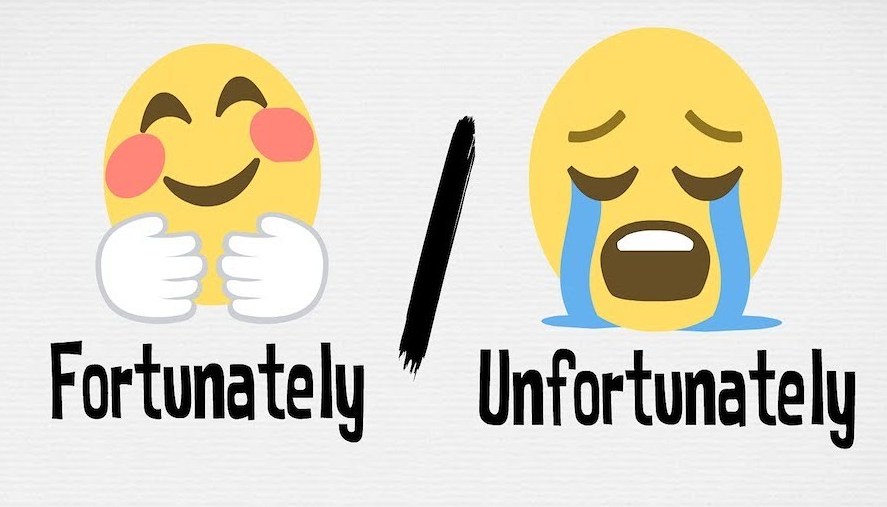Accepting and declining an interview (a writing lesson)
Learn the proper methods for professionally accepting or declining interview invitations, including how to communicate clearly and respectfully in both scenarios.

Agenda
Topic: Accepting and declining an interview
Part 3: Grammar points & useful phrases
- Accepting an interview
- Declining an interview
Part 1
Warm-up
Answer the questions
What did we discuss in the last lesson?
Do you ever choose which interview to participate in?
What criteria do you use to decide whether to accept or decline an interview invitation?
Part 2
Vocabulary
Read the word, its’ meaning, and the examples
Then make up your own sentences using the word.
Student can skip the words they already know.
consideration
/kənˌsɪd.əˈreɪ.ʃən/

the act of thinking about something carefully
After careful consideration, I said yes.
Please give my idea some consideration.
delighted
/dɪˈlaɪ.tɪd/

very pleased
I’m delighted to meet you.
Pat was delighted with her new house.
circumstance
/ˈsɜː.kəm.stæns/

an event or condition connected with what is happening or has happened
My circumstance changed, so I moved.
He's sick, given the circumstance.
unfortunately
/ʌnˈfɔː.tʃu.nət.li/

sadly; used to say something is bad luck.
Unfortunately, I can't come.
Unfortunately, it rained all day.
Make up your own sentences using the words.
Part 3
Grammar points
Discuss with student the questions below then
Teacher guides the student “Accepting an interview“
Student will make their own sentence with each grammar point
What information should you confirm when accepting an interview invitation?
Should you always accept an interview invitation, even if you have concerns about the company?
Should a candidate accept an interview if they are not fully qualified for the role?
Should candidates accept interviews for practice, even if they are not interested in the job?
Should you accept an interview if you already have a job offer from another company?
When accepting an interview invitation, it’s important to communicate clearly and professionally. Here are some grammar points and phrases that can help you accept an interview invitation.
Grammar points:
Simple present tense for stating facts:
- The interview is on Monday.
Future “Will” for making commitments:
- I will be there.
Modal verbs “Can/Could/Would/…” for politeness:
- I would be happy to attend…
First conditional for potential situations:
- If you need any further information, please let me know.
Phrases for accepting an interview:
I am pleased to accept…
- I am pleased to accept the interview invitation for the [Job Title] position.
I am delighted to confirm…
- I am delighted to confirm my attendance at the interview.
I look forward to…
- I look forward to discussing how I can contribute to your team.
I would be delighted to attend…
- I would be delighted to attend the interview and learn more about your company.
I am available at the scheduled time and look forward to…
- I am available at the scheduled time and look forward to discussing my potential role in your team.
Should you require any further information…
- Should you require any further information, please do not hesitate to contact me.
Example: (The student will just read with their eyes and go to the next part.)
Example 1:
Thank you for inviting me to the interview. I will be there on Monday at 9 AM.
Best regards,
[Your Name]
Example 2:
Dear [Interviewer’s Name],
I am delighted to confirm my availability for the interview on [Date] at [Time]. I look forward to discussing the [Job Title] role and how I can contribute to [Company Name].
Should you require any further information prior to the interview, please do not hesitate to contact me.
Thank you for this opportunity.
Sincerely,
[Your Name]
Example 3:
Dear [Interviewer’s Name],
I am pleased to accept the invitation for the interview for the [Job Title] position. The interview is on Monday, and I will be there at [Time].
I look forward to meeting you and discussing how I can contribute to the team at [Company Name]. If you need any further information, please let me know.
Thank you for this opportunity.
Best regards,
[Your Full Name]
[Your Contact Information]
Example 4:
Dear [Interviewer’s Name],
Thank you for the invitation to interview for the [Position] position at [Company Name]. I am pleased to accept and look forward to meeting with you on [Date] at [Time] at your office.
Please let me know if there is any information or documentation you need from me before then, or if there will be any changes to the schedule.
Thank you again for this opportunity. I am keen to discuss how I can contribute to [Company] and learn more about the team.
Warm regards,
[Your Name]
[Your Contact Information]
Part 3
Grammar points
Discuss with student the questions below then
Teacher guides the student
“Declining an interview“
Student will make their own sentence with each grammar point
Is it ever appropriate to decline an interview without providing a reason?
Should you decline an interview if you feel underqualified for the position?
Is it appropriate to decline an interview because of a long commute or difficult location?
Should candidates decline an interview if the job description does not match their career goals?
Is it necessary to provide feedback or reasons when declining an interview invitation?
Should you decline an interview if you have personal or scheduling conflicts, or try to reschedule instead?
Declining an interview invitation requires communicating respectfully and professionally. Here are common grammar structures and phrases used to decline an interview.
Grammar points:
Simple present tense for stating the current situation:
- I am currently exploring other opportunities.
Will for future decisions:
- I will not be able to attend the interview.
Modal verbs “Can/Could” for polite refusal:
- I cannot attend the interview…
Second conditional for polite explanations:
- If the circumstances were different, I would be happy to…
Phrases for declining an interview:
Thank you for the invitation, but…
- I appreciate the offer, but I have to decline.
- Thank you for considering me, but I cannot accept.
I appreciate the offer, but I have to decline.
- I appreciate the offer, but I am not able to attend the interview.
Thank you for considering me, but I cannot accept.
- Thank you for considering me, however, I have decided to focus on other opportunities.
I am grateful for the offer, however…
- I am grateful for the offer, however, I’ve accepted another job.
- Thank you, however, I’m not looking for a new position at the moment.
Unfortunately, I must…
- Unfortunately, I must turn down the interview due to prior commitments.
- Unfortunately, I must decline the opportunity at this time.
Example: (The student will just read with their eyes and go to the next part.)
Example 1:
Dear [Interviewer’s Name],
Thank you for the invitation to interview for the [Position Name] at [Company Name], but after much thought, I have decided to pursue a different direction in my career that aligns more closely with my long-term goals.
I appreciate your understanding.
Sincerely,
[Your Full Name]
Example 2:
Dear [Interviewer’s Name],
I appreciate the offer to discuss the [Position Name] role with [Company Name], but I have to decline as I have recently made a commitment to another organization.
Thank you again for your consideration.
Best regards,
[Your Full Name]
Example 3:
Dear [Interviewer’s Name],
Thank you for considering me for the position of [Position Name], but I cannot accept the interview invitation because I have important personal things to take care of right now.
I am grateful for your understanding.
Kind regards,
[Your Full Name]
Example 4:
Dear [Interviewer’s Name],
I would like to express my appreciation for offering me the opportunity to interview for the [Position] position at [Company Name]. After careful consideration, I have decided to [reason for declining, e.g., pursue a different opportunity that aligns more closely with my career goals].
I sincerely appreciate your consideration and hope that we may cross paths in the future under different circumstances.
Thank you once again for the offer and for understanding my decision.
Best regards,
[Your Name]
Part 4
Reading comprehension
Read the tips.
Teacher helps student correct their pronunciation.
Tips for both accepting and declining
Respond promptly: Whether accepting or declining, it’s important to reply quickly to show professionalism and respect for the interviewer’s time.
Keep it short and simple: Say what you need to clearly. If you’re saying yes, repeat the details. If you’re saying no, be nice and don’t go into too much detail.
Stay professional: Make sure your email sounds business-like, and check for mistakes before you send it.
Keep the door open: Especially when declining, express gratitude and leave the conversation open for future opportunities.
Review
Let’s review the lesson with teacher
Grammar points & useful phrases for accepting an interview
Grammar points & useful phrases for declining an interview
Tips for both accepting and declining interviews
See you next lesson
Homework
Let’s choose one of these options for your homework
Write an email accepting an interview invitation from a company
Write an email declining an interview invitation from another company, providing a valid and professional reason.

